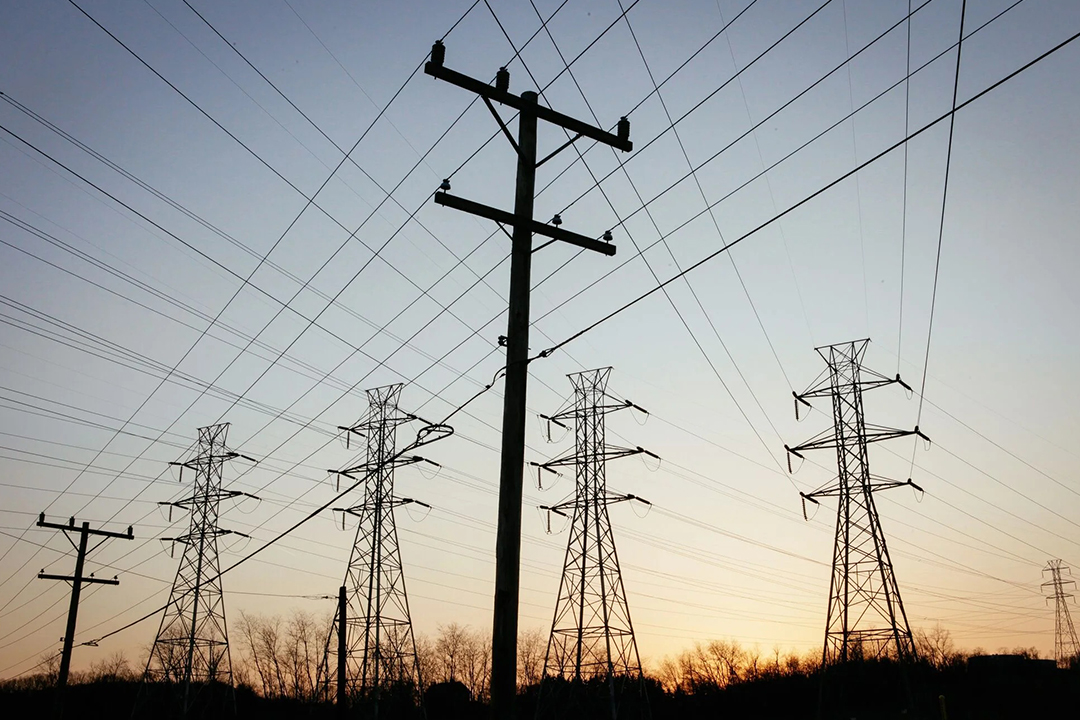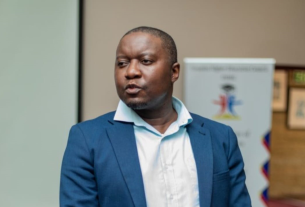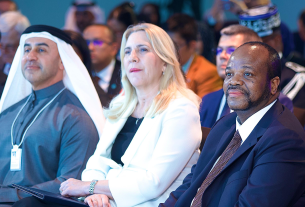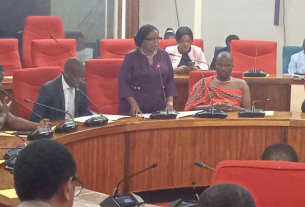BY MBONO MDLULI
MBABANE – The government is working on drastically reducing the electricity imported by Eswatini from 80% to 20%.
This was stated by the Minister of Natural Resources and Energy, Prince Lonkhokhela, during an interview with Forbes Magazine. He explained that Eswatini was making efforts to shift from imported energy to locally produced energy. He noted that they currently import about 80% of their electricity supply from South Africa and Mozambique, adding that their aim is to reduce these imports to 20% and to produce most of their energy domestically.
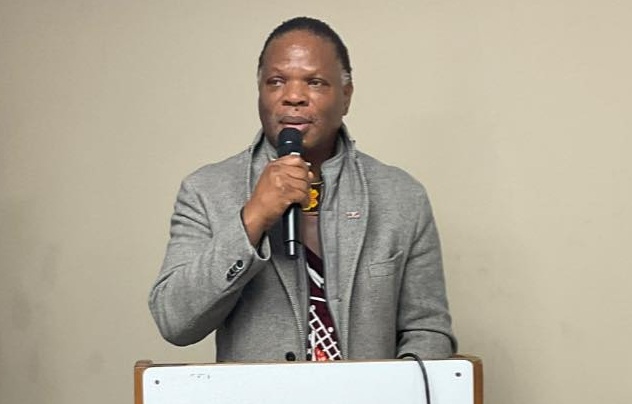
Prince Lonkhokhela mentioned that they are working closely with power producers and regulators to encourage participation from the private sector. He highlighted that renewable energy is a key focus, with solar, biogas, and biomass projects being promoted. While he acknowledged that coal is available, he expressed caution regarding its environmental impact.
However, he stated that if someone were willing to produce electricity using clean coal technologies, they would be open to exploring that option, as their primary concern is ensuring a sufficient energy supply for the population. He emphasised that their goal is to meet domestic needs, create a surplus for newcomers, and potentially export energy to the southern African grid.
The minister noted that they are currently working on several renewable energy projects, including biomass initiatives with various companies. He described these projects as essential because biomass is renewable and clean. Furthermore, he mentioned that they are encouraging both large-scale and small-scale solar energy production to ensure inclusivity.
He explained that their policies are designed to promote energy production while ensuring affordability for all stakeholders. He stressed the importance of partnerships between the private sector and the ministry to achieve mutual success, stating that sustainability is at the core of their policies. For instance, they encourage private sector involvement in renewable energy to minimise environmental impact while meeting energy demands.
Prince Lonkhokhela outlined that the ministry is divided into three main departments: water, energy, and natural resources. He explained that they handle the supply and sanitation of water, currently covering about 72% of the population with clean water. He stated that their goal is to ensure 100% access to clean water for everyone by 2030.
To achieve this, he mentioned that they have consolidated rural and urban water supply systems into one, ensuring unified management. This approach, he noted, helps ensure affordability and access for everyone, as water is a basic human right. He concluded by reaffirming their commitment to achieving these goals.

